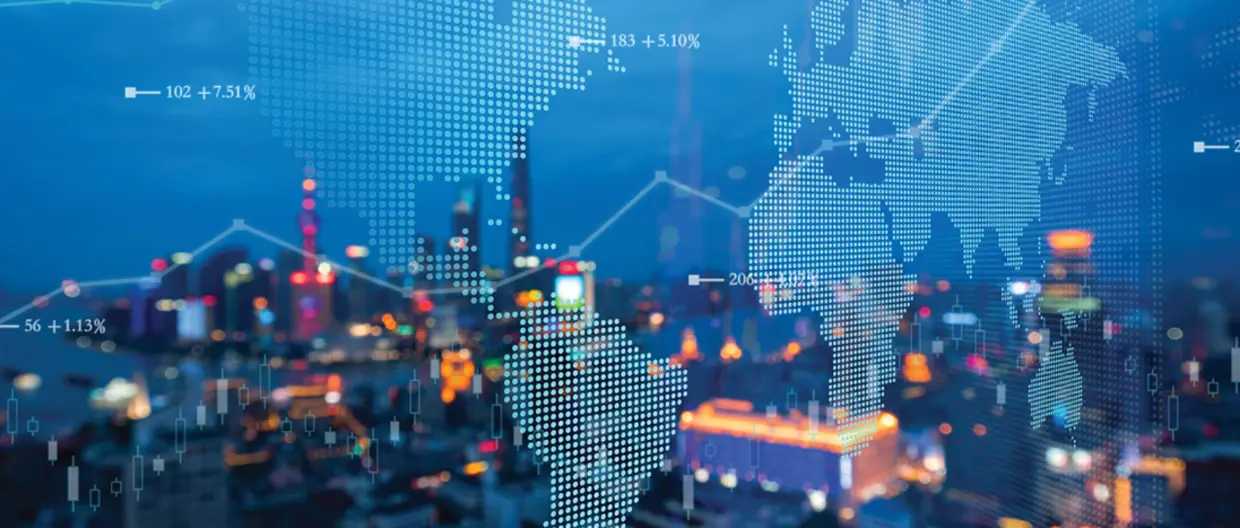Summary
Explore the transformative impact of Artificial Intelligence (AI) on global industries, from generative AI to labour dynamics. Uncover the potential for increased productivity, the complex landscape of AI adoption, and the short-term disruptions that investors and policymakers must navigate.
Key Points
- Global investment in Artificial Intelligence (AI) is rapidly increasing across sectors, from manufacturing to services, with a focus on generative AI, leading to higher output in the sectors most involved. Higher capital per worker is also likely to drive future potential growth.
- The debate about AI as a substitute or complement to human labour is misplaced in the short term, as it can be both. The latest wave of AI is different from past technological innovations, as it affects creative and cognitive jobs as well as physical ones and routine cognitive tasks.
- The impact of AI on labour displacement is still uncertain, but reskilling workers will become more important, as some skills become obsolete or need to adapt to work with AI. While there will be some displaced workers, there will also be new jobs and new types of jobs.
- AI has the potential to significantly increase total factor productivity across the economy, impacting a wide range of industries through multiple channels – such as the labour market, investment and productivity – that may not be fully captured by official statistics.
- Social, political and economic hurdles could limit the rapid diffusion and fast adoption of AI across countries. A specific barrier is the huge energy intensity of training generative AI models. AI also raises political concerns about the potential misuse of this technology and the need for regulation to limit its potential manipulation.
Read More

